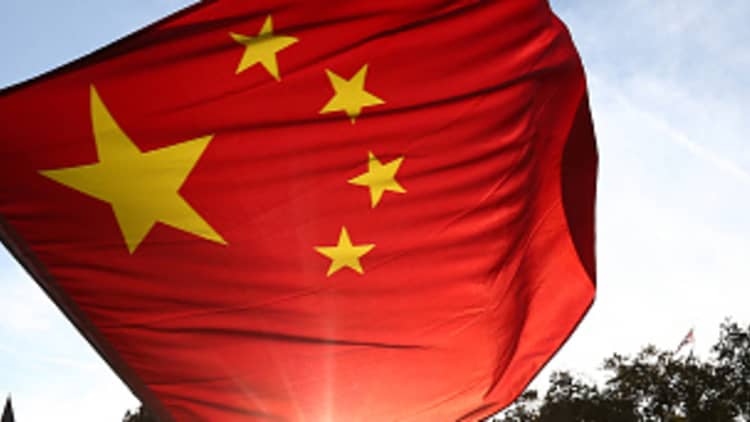
The method allegedly used by China to view the networks of some U.S. tech giants lacked complexity, according to Jamil Jaffer, a former senior advisor to the Senate Foreign Relations Committee.
"They're talking about putting a chip on a motherboard," said Jaffer, founder of the National Security Institute at George Mason University. "That's actually a pretty amateurish way to conduct a hack."
In a bombshell report Thursday, Bloomberg BusinessWeek said data center equipment run by Amazon Web Services and Apple may have been subject to surveillance from China via a microchip inserted during the manufacturing process of the hardware.
Apple and Amazon have strongly denied the report.
According to Bloomberg, the chips were used for gathering intellectual property and trade secrets from U.S. companies and may have been introduced by a Chinese server company called Super Micro.
In an interview Friday on CNBC's "Squawk Box," Jaffer said implanting a microchip would actually be quite unusual. Instead, the Chinese government could have manipulated software, which wouldn't be as obvious, he said.
"It was an odd sort of effort by the Chinese, [which] we know are pretty sophisticated," he said.
It's normal for another country to want to enter or gain access to another government's system, Jaffer said.
However, he added that the U.S. has gotten more aggressive with China over the years, causing China to narrow its cyber intrusions but "they are still conducting very focused efforts."
China is also under intense scrutiny from President Donald Trump, who has been using accusations of intellectual property theft by the Chinese as a core argument for tough trade restrictions on Beijing.
CNBC reported Monday that the Pentagon, amid intensifying tensions with China, canceled Defense Secretary James Mattis' visit to China that had been scheduled for later this month.


